MEDICINE HAT — As parliamentarians continue to debate banning live shipments of horses for meat, an animal advocacy organization says it’s successfully launched a private prosecution concerning the trade. The charges stem from a December 2022 shipment from Winnipeg to Japan, which was delayed due to bad weather during a layover in Anchorage, Alaska, resulting […] Read more
Tag Archives Canadian Food Inspection Agency
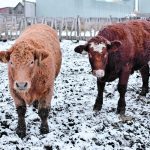
New traceability reporting times raise concerns
An online consultation on livestock traceability came back with widespread support for the general premise, but with concerns about tighter timelines for reporting and tag retention. Last year, the Canadian Food Inspection Agency unveiled proposed changes to Canada’s national livestock traceability rules, including a shorter window in which producers are to report animal movements and […] Read more
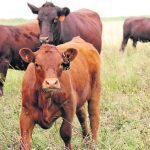
Feds called on to change disease outbreak policy
Producers think Ottawa should help pay for clean-up and disinfection after a federally reportable disease outbreak
REGINA — Cattle producers say the federal government should offer better compensation to those affected by reportable diseases. The Canadian Food Inspection Agency pays maximums of $4,500 per commercial animal and $10,000 for each registered animal when ordered destroyed, but nothing else. Saskatchewan Stock Growers Association members voted at their semi-annual meeting to lobby Ottawa […] Read more
More BSE-era trade irritants may soon disappear
Two more remaining irritants from the BSE crisis of more than 20 years ago could soon go by the wayside. The United States has had to segregate a much smaller list of specified risk materials (SRMs) than Canada, which has resulted in more competitive challenges for beef processors. The loss of small and medium-sized processing […] Read more
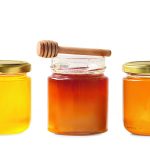
Fake honey still exported to Canada
In 2018, the Canadian Food Inspection Agency tested 240 samples of honey across the country. While 100 percent of Canadian honey samples were pure, nearly 22 percent of imported honey was cut with corn syrup, sugar cane, rice syrup or beet sugar. Under Canadian law, honey is a standardized product, which cannot contain added sugars. […] Read more

ASF compartmentalization moves a step forward
Canada is one step closer to a compartmentalizing regime that hog farmers and the rest of the industry hope protect them against market impacts of African swine fever. Practical application can be developed now that the Canadian Food Inspection Agency has released its National Standards and National Framework for the Canadian ASF Compartment Program. From […] Read more

Seed regulation consultation results released
The Canadian Food Inspection Agency is getting closer to updating its seed regulations. On Monday, the agency released a “What We Heard” report summarizing the responses of 315 individuals and groups who participated in an online survey from Feb. 15 to May 1. The CFIA is looking to update seed regulations to “reduce complexity, protect […] Read more

Level playing field needed to harvest benefits for all
Public discussion can be noisy and rancorous but there are many things on which most people agree – the need for clean air and water, a healthy environment and the ability to get a reasonable return from a marketplace that offers a level playing field for all. Getting to that level playing field for international […] Read more
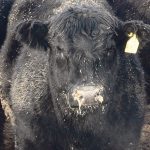
Sask. tracing continues in bovine TB case
About 160 cattle from a Saskatchewan herd have been destroyed after two animals from the herd tested positive for bovine tuberculosis. The cases were confirmed June 19 after the two animals were sent to a slaughter facility in the United States in February. The Canadian Food Inspection Agency said in a July 10 email that […] Read more
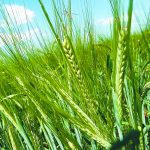
Barley purity issues likely not contamination
Earlier this year, the Canadian Malt Barley Technical Centre said grain companies had reported a higher number of malt barley samples than usual were not meeting the 95 percent purity minimum their contracts required. Most of these samples were Copeland.






